May 26, 2025 | 05:45 GMT +7
May 26, 2025 | 05:45 GMT +7
Hotline: 0913.378.918
May 26, 2025 | 05:45 GMT +7
Hotline: 0913.378.918
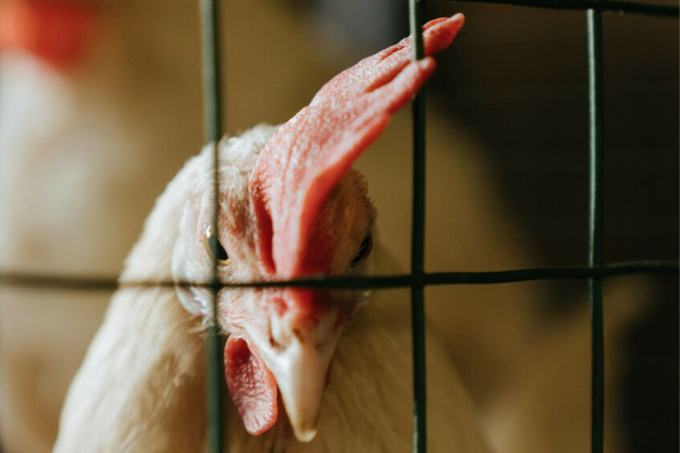
Numerous European countries and regions plan to impose restrictions on cage farming. Photo: Canva.
As Czech poultry farmers are heavily investing in capacity modernisation to match new requirements, a lack of a unified approach to cage farming in Europe is projected to put them at a disadvantage.
“On behalf of the Czech Republic, we stressed that if we are to talk about animal welfare in a sincere and fair way, we need to harmonise some of the measures that the Czech Republic has already taken, such as ending cage farming of laying hens,” Czech agricultural minister Marek Výborný outlined, speaking following the meeting in Brussels.
The minister added: “We scheduled it [the ban on cage farming] to come into force in 2027. The rest of Europe is pretending that it doesn’t concern them. We don’t consider that fair.”
The ban on cage farming promises to incur much pain to the Czech poultry industry. At the end of 2023, the Czech-Moravian Poultry Union estimated that Czech poultry farmers still kept 52.4% of laying hens in cages.
Lost investments
Gabriela Dlouhá, chairwoman of the board of directors of the Czech-Moravian Poultry Union, admitted that due to the ban, farmers would have to dismantle some capacities built less than a decade ago.
“Those who switched to ‘Euro cages’ in 2012 made a management mistake, invested huge amounts of money in technology conversion and today, without having paid it off, have to switch to another technology,” said Josef Dvořák, a local poultry farmer who forecast that the country could lose around 15% of egg production because of the move.
European ban is out of sight
Quite a few European countries and regions plan to impose restrictions on cage farming. For example, Germany will prohibit it from 2026, and the Belgian Wallonia in 2028. France has banned the construction of new cage farms (since 2018). In Slovakia, the government struck a deal with poultry farms to phase out cage farms by 2030.
However, in the absence of the ban in other EU member states, Czech farmers are growing increasingly concerned over competition against cheap imports, primarily from Poland.
The future of male chicks is unclear
Against this background, Czech poultry farmers spoke against the legislation making the use of sex selection technology mandatory unless such a requirement is introduced at the all-European level. The technology, which could save the lives of billions of male chicks at hatcheries, however, would also put the farmers at a disadvantage.
“We are definitely not in favour of this legislation,” Dlouhá said. “Purchasing a sex-detecting device would be economically very demanding, especially for smaller hatcheries.”
(PW)
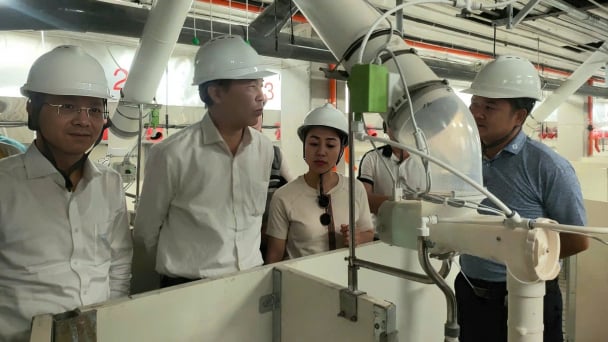
(VAN) Despite investment costs being 1.5 to 1.8 times higher than conventional methods, multi-story pig farming demonstrates outstanding effectiveness, increasing land-use efficiency by 4 to 10 times.
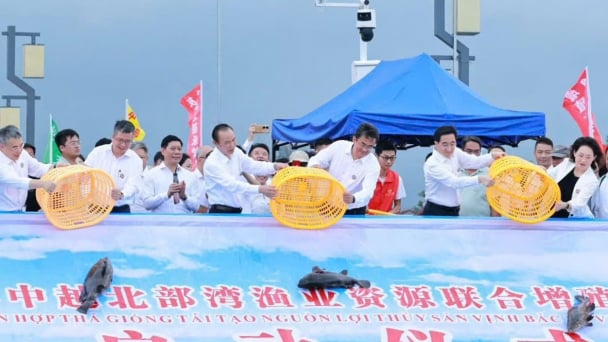
(VAN) Deputy Minister of Agriculture and Environment Phung Duc Tien leads a working delegation to participate in several key activities in China aimed at promoting agricultural and fisheries cooperation.
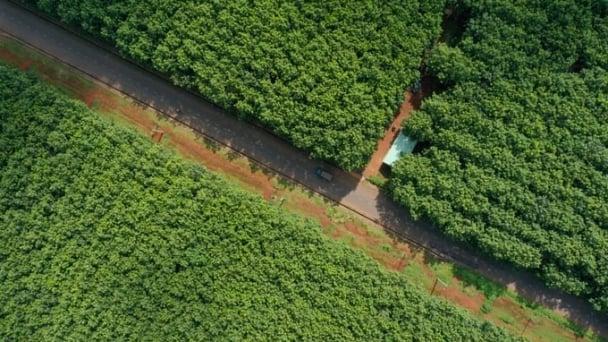
(VAN) The European Commission has just released a list of ‘low-risk’ countries for deforestation, which includes Vietnam.
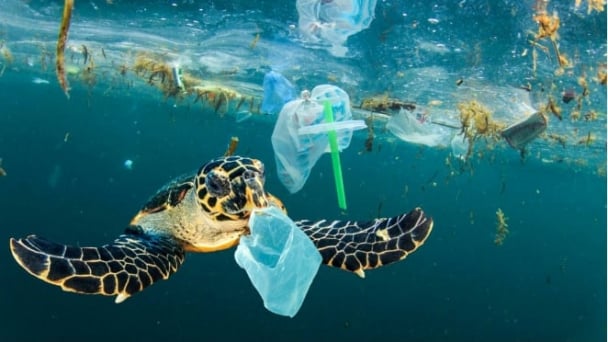
(VAN) The convenience of single-use plastics is leaving lasting consequences for the oceans.
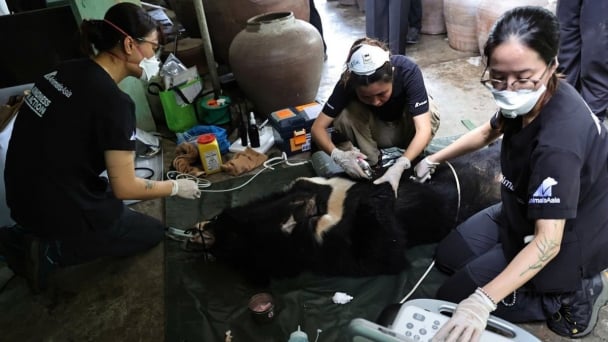
(VAN) On the morning of May 23, in Nghe An, the Animals Asia Foundation successfully rescued a Tibetan bear and transferred it to the Vietnam Bear Rescue Centre located in Bach Ma National Park.

(VAN) On May 23, Deputy Minister of Agriculture and Environment Tran Thanh Nam held a working session with a Japanese delegation on the application of digital technology in agricultural production.

(VAN) In the tranquil wetlands of Van Long, there are quiet souls who guard the forests, nurture the waters, and oversee every bird and troop of langurs as protecting the essence of a living heritage.